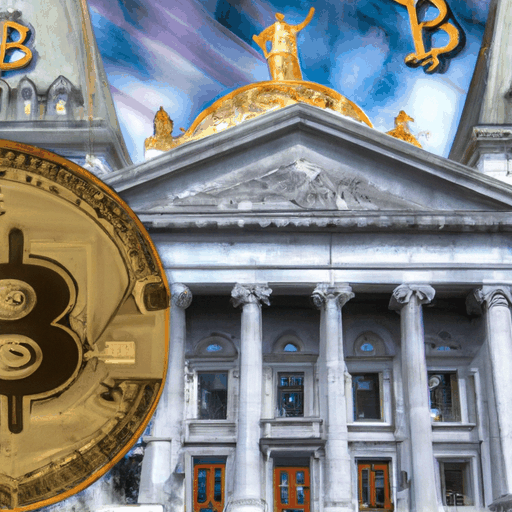
El Salvador's Constitutional Reforms Enable Indefinite Presidential Re-Election
By: Isha Das
In a groundbreaking political shift, El Salvador's legislature has approved significant constitutional reforms, enabling the country's president to run for re-election indefinitely. This series of changes, prominently backed by current President Nayib Bukele's New Ideas party, allows for the alteration of presidential terms from five to six years and eliminates the erstwhile second-round runoffs in presidential elections. The constitutional amendments passed comfortably with a 57-3 vote, marking a historical moment in the nation's governance.
While these adjustments pave the way for President Bukele to maintain a prolonged grip on power, they have raised concerns among critics regarding potential authoritarianism and the concentration of power. Opponents argue that these maneuvers could destabilize the checks and balances essential in a democratic setup. Despite these warnings, proponents of the reform argue that the move is aimed at ensuring governmental stability and reducing election-related expenditures while aligning presidential and legislative elections.
The context of these reforms is intricately linked to El Salvador's ambitious trajectory with Bitcoin. President Bukele, known for his crypto-enthusiasm, has already placed El Salvador on the global financial map by adopting Bitcoin as legal tender in 2021, a move that was met with both global acclaim and suspicion. Over the following years, the country has incorporated cryptocurrency into its financial ecosystem, encouraging the use of Bitcoin in daily transactions, tax payments, and various public services.
Supporters of President Bukele's governance attribute the electoral reform as a means to facilitate continued economic growth driven by the innovative crypto framework. Stacy Herbert, head of the government’s Bitcoin Office, emphasizes this belief, claiming that the country will continue its progressive path without reverting to previous instability. On the other hand, Max Keiser, prominent Bitcoin advocate, envisions El Salvador evolving into a financial hub akin to Singapore, blending entrepreneurial innovation with Bitcoin-driven policies.



